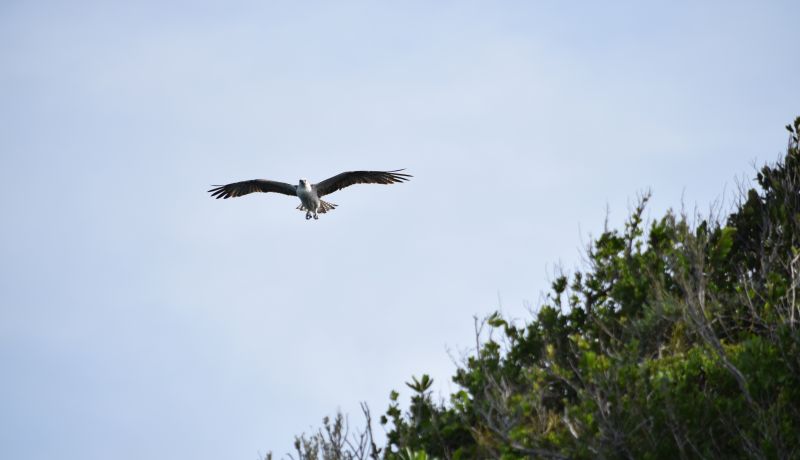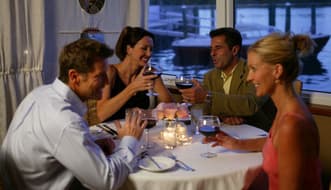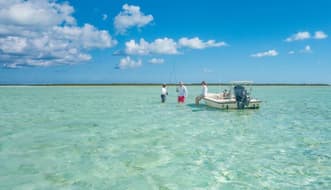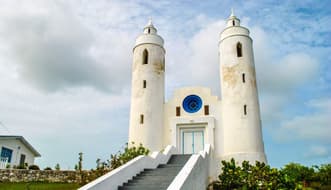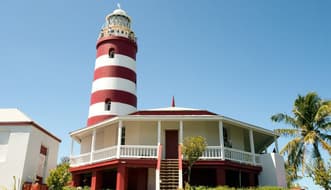Ecotourism in Acklins is a Dream Spot for Nature Lovers
May 17, 2018
Birds, Caves, and Eco-tours
The Bahamas is known around the world for its turquoise sapphire water. However, eco-enthusiasts will find that Acklins is a dream spot that offers many untouched natural wonders. Hiking on foot trails, sailing in the Bight, sightseeing in a vehicle, or bonefishing on the flats. Acklins’ sparse population (under 500) has preserved many of the natural wonders on the island. Acklins has a warm tropical climate which can get rather humid. However, the elevation and time of year can change thereby causing the weather to change.
Birding
There are many bird species that call Acklins home. Don't forget your binoculars. Most of the species are year-round residents. Nature lovers can see flamingos, osprey, whistling ducks, hummingbirds, doves, herons, and kestrels. Acklins is also home to a number of endemic species, including the Bahama Oriole, Bahama Yellowthroat, and the Bahama Swallow.
However, some species are just passing through. For much of the year, the woods are full of warblers and the wetlands and beaches are stacked with shorebird species from the U.S. that spend their winters on the island.
Limestone Caves
Whether hidden deep in the bush or just of the roadside or shoreline, Acklins offer several limestone caves to explore. The ancient Lucayans Indians once used these caved from about the 10th Century to the arrival of Christopher Columbus. Visitors can walk in a few of the large limestone caves with ceilings that are at least 15-feet high. Jumbey Hole is home to thousands of bats that enter and exit the cave at dusk and dawn.
There are several lodges on Acklins that can assist with arranging tours. Those lodges include Chester Bonefish Lodge and Chester’s Highway Inn Bonefish Lodge. Water tours, birding, and land tours can also be arranged with a local tour operator.
